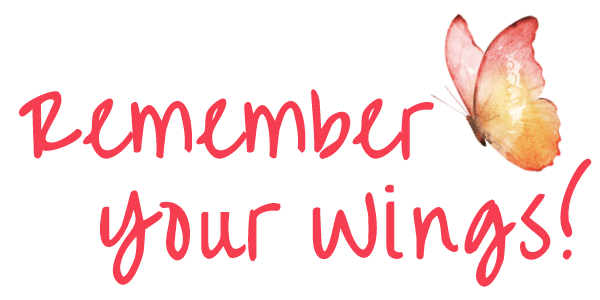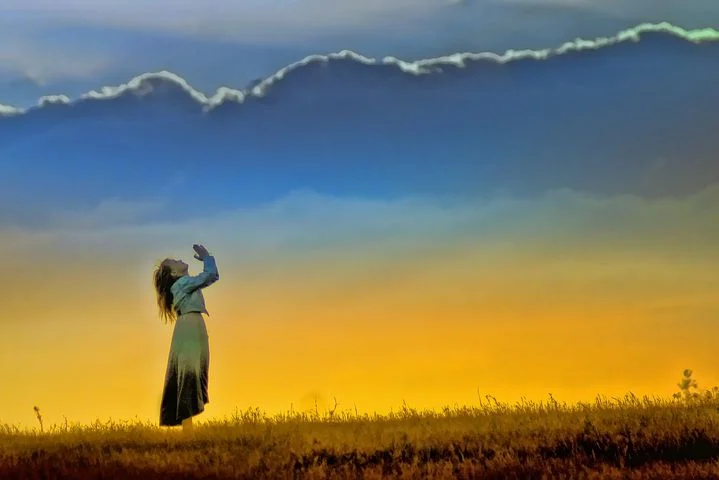Last weekend, I watched the Netflix movie, “Don’t Look Up,” a satire about America’s response to a comet on a path to destroy the earth. It’s an allegory for climate change that many critics have panned. I loved it.
One scene, especially, stands out for me. Toward the end of the movie when the comet is hurtling toward earth, the politicians are doing political things, the business tycoons doing are business tycoon-y things, and the journalists are getting drunk. But the two scientists who discovered the comet and failed to convince the powers that be to do anything about it, sit with family and friends around a table. They share a last meal, then hold hands and express their gratitude. As the comet gets closer and the furniture, and then the whole house shakes, the terrified group continues to name what they are grateful for.
I’ve been thinking about that movie scene and what we’re all experiencing at the moment. We are in a time of accelerated change, and it seems many, if not most of us, are feeling it. I know I am! A literal comet may not be headed our way, but the metaphor was not lost on me. My question today is, can I be in a state of gratitude and acknowledge how uncomfortable it feels to live in chaotic times? My answer is that I must.
Gratitude has long been my go-to when my world feels unsteady. It began when I was 35 and my husband died. During the initial stages of grief, I experienced the physical sensation of being in a tunnel. It was as if everything extraneous to the here and now just fell away, and I stayed tucked in for a while. Among the things I did to bring myself back to normal life was to keep a gratitude journal. All these years later, I still use the technique. When I enter a challenging period, I focus on gratitude to remind myself there is still beauty in the world.
Turns out, neuroscience reveals that a gratitude practice can actually rewire the brain, causing a more positive outlook toward others, a feeling of relief from stressors, reduced feelings of anxiety and depression, and even better sleep! I didn’t know this when I began my gratitude practice. I was simply following my body’s intuition. Which is why I think it’s important to lean into my instinct now to feel gratitude, and… .
Gratitude should not be used to mask the more uncomfortable feelings. It’s okay to feel angry, sad, grief-stricken, unsatisfied, afraid, or any other way that you feel. In fact, it’s imperative. I agree with Glennon Doyle, the author of the book Untamed, who says that women have been conditioned toward gratitude to our detriment and, thus, the detriment of the larger community.
In an interview with Maggie Fazeli Fard, senior editor at Experience Life, Doyle said:
“Every time we can imagine something different for ourselves, every time we feel that inner longing of ‘No, I want more for my relationship, my marriage, my family, my community, my nation,’ we are trained to be grateful. ‘I should be grateful. I should just be grateful. It’s good enough.’ It’s almost like a superstition. Gratitude is a beautiful thing until it becomes a deterrent for growth.”
That’s not the kind of gratitude I’m talking about. What I’m after is the whole spectrum. We need the fullness of our experiences to learn what we are supposed to learn, the fullness of our emotions to be whole, and the fullness of our dreams to be truly alive.
Just like the characters in “Don’t Look Up,” it’s okay to feel grateful and afraid. I don’t know any other way to be right now.


